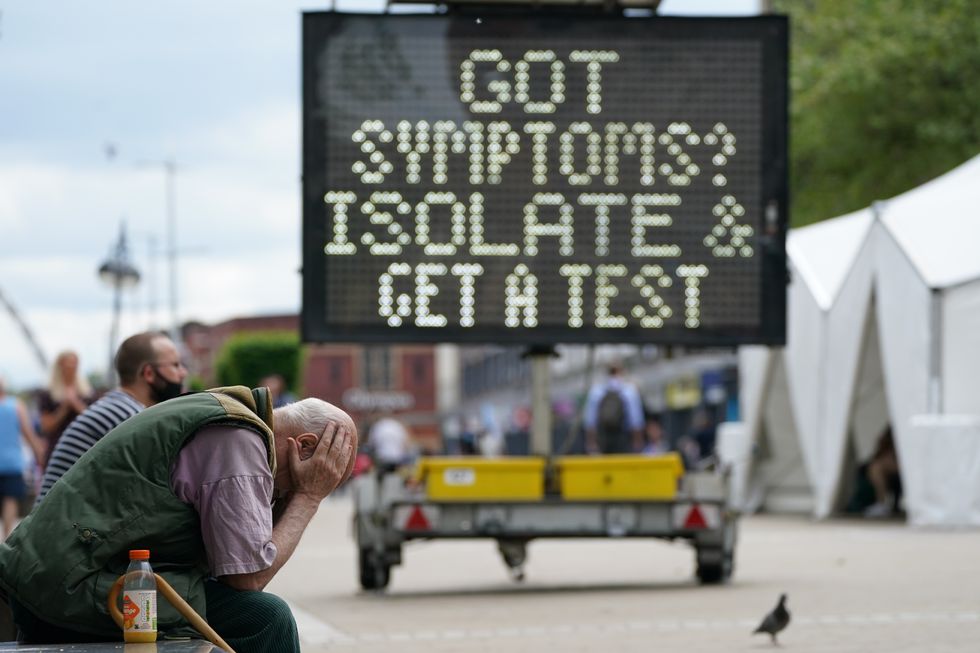What is the Delta variant and do Covid vaccines work against it?

A mobile Covid-19 vaccination centre outside Bolton Town Hall, Bolton, where case numbers of the Delta variant first identified in India have been relatively high.
Peter Byrne












